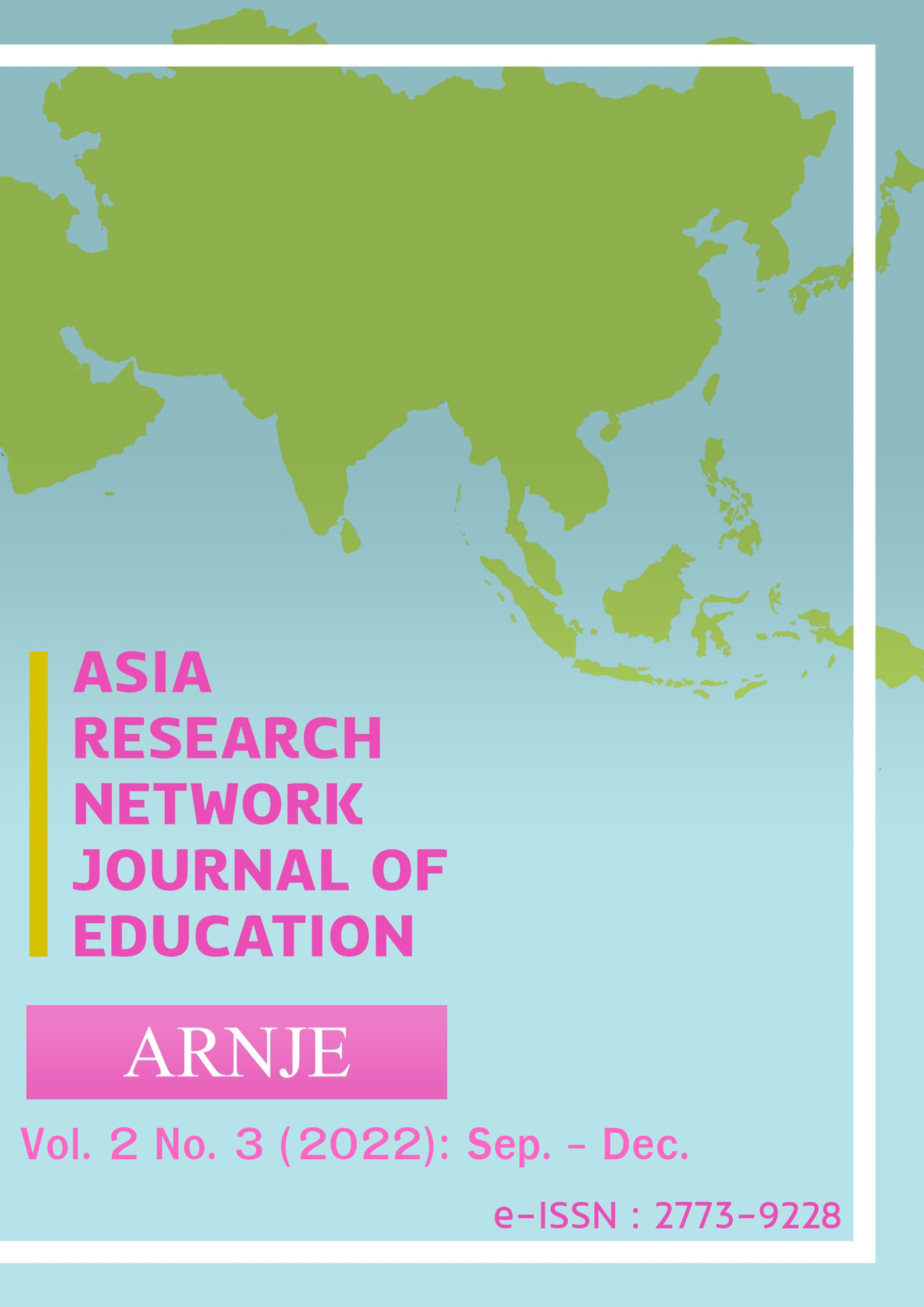Assessing the Challenges and Opportunities of Students Learning Online in Time of Covid-19 Pandemic
Main Article Content
Abstract
Abstract. This study aims to assess the challenges and opportunities for Industrial Arts students learning online during the COVID-19 Pandemic. This study used a descriptive research design to evaluate the students' responses based on their personal feelings, perceptions, and experiences while enrolled in online learning. The respondents of this study were the 105 BTLED- Industrial Arts students of the Department of Technology and Teacher Education, College of Education, MSU-Iligan Institute of Technology, comprising 66 or 62.9% Female students and 39 or 37.1% Male students with family incomes ranging from 10,000 below - 30, 000. This study used an online survey questionnaire through Google form and was channeled through social networking sites like Facebook to gather the necessary data. Results show that the Industrial Arts students Moderately experienced the challenges in online learning during the COVID19-Pandemic.On the other hand, the opportunities they experienced in research and technological innovation were also Moderately Experienced, while they did Not experience the socio-economic interventions. Further, it was found that the family monthly income of the respondents is significantly related to their challenges and opportunities. This study concludes that the Industrial Arts students had encountered several changes in the educational system, the delivery of their teacher's instructions, and their learning experience that could affect their academic performance in online learning during the COVID19-Pandemic. Moreover, this study concluded that the family monthly income of the respondents is significantly related to the challenges and opportunities. However, sex is not significantly related to challenges and opportunities.
Keywords: Online learning, Challenges, Opportunities, Academic performance, COVID 19-Pandemic
Article Details

This work is licensed under a Creative Commons Attribution-NonCommercial-NoDerivatives 4.0 International License.
Copyright: CC BY-NC-ND 4.0
References
Abracero, A. D., Alejandro, R. L., Therese, R., Joyce, E., and Beltran, U. G. R. (2021).Optimizing Students: "Workload and its Effects on their Mental Health during COVID-19 Pandemic. International Journal of Academic Multidisciplinary Research (IJAMR), 5(1): 118 – 122.
Adedoyin, O. B., Soykan, E. (2020) Covid-19 Pandemic and Online Learning: The challenges and opportunities: Interactive Learning Environments.1-13. doi.org/10.1080/10494820.2020.1813180
Akkoyunlu, B. and Soylu, M. Y. (2006). A study on students’ views on blended learning environment. Turkish Online Journal of Distance Education. 7(3): 43 – 56.
Alekseeva, L., Azar, J., Gine, M., Samila, S., Taska, B. (2021). The demand for AI skills in the labor market. Labour Economics, 71, 102002.
Ayebi-Arthur, K. (2017). E-learning, resilience, and change in higher education: Helping a university cope after a natural disaster. E-Learning and Digital Media, 14(5), 259–274. https://doi.org/10.1177/2042753017751712
Chew, L.D., Bradley, K., and Boyko, E. (2004). Brief Questions to Identify Patients With Inadequate Health Literacy. Family Medicine, 36(8): 588 – 594.
Coman, C., Țîru, L. G., Meseșan-Schmitz, L., Stanciu, C., & Bularca, M. C. (2020). Online teaching and learning in higher education during the coronavirus pandemic: students’ perspective. Sustainability, 12(24), 10367.
Drajea, A. J., and O’Sullivan (Influence of Parental Education and Family Income on Children's Education in Rural Uganda. Global Education Review, 1 (3). 149-166.
Fishbane, L., & Tomer, A. (2020, March 20). As classes move online during COVID-19, what are disconnected students to do?Brookings. https://www.brookings.edu/blog/the-avenue/2020/03/20/as-classes-move-online-during-covid-19-what-are-disconnected-students-to-do/
Hardman, J., & Ntlhoi, T. (2021). Online Quizzes as Mediating Tools for Teaching Information Communication Technology to First Year Students at a College of Education in the Developing Context of Lesotho. Asia Research Network Journal of Education, 1(2), 50–60.
Hoftijzer, M., Levin, V., Santos, I., & Weber, M. (2020). TVET (Technical and Vocational Education and Training) in the times of COVID-19: Challenges and Opportunities. Retrieved from: https://blogs.worldbank.org/education/tvet-technical-and-vocational-education-and-training-times-covid-19-challenges-and
Joosten, T., Lee-McCarthy, K., M.A., Harness, L., Paulus, R., M. A. (2020). Digital Learning Innovation Trends. Retrieved from: https://files.eric.ed.gov/fulltext/ED603277.
Kintu, M. J., Zhu, C., & Kagambe, E. (2017). Blended learning effectiveness: the relationship between student characteristics, design features, and outcomes. International Journal of Educational Technology in Higher Education, 14(1), 1-20
Livari, N., Sharma & S., Olkhonnen, L. (2020). Digital transformation of everyday life – How COVID-19 pandemic transformed the basic education of the young generation and why information management research should care? doi:10.1016/j.ijinfomgt.2020.102183
Li, Z., & Qiu, Z. (2018). How Does Family Background Affect Children’s Educational Achievement? Evidence from Contemporary China. The Journal of Chinese Sociology, 5, 13. https://doi.org/10.1186/s40711-018-0083-8
Schuller et al., (2020). Structural insights into the nucleic acid remodeling mechanisms of the yeast THO-Sub2 complex. Elife. 16, doi: 10.7554/eLife.61467.
Serpa and Jose'Sa (2020). The COVID-19 Pandemic as an Opportunity to Foster the Sustainable Development of Teaching in Higher Education. Sustainability. 2020, 12(20), 8525
Shuttleworth, M. (2008). Descriptive Research Design. Retrieved Dec 30, 2022 from Explorable.com: https://explorable.com/descriptive-research-design
Simms, L. J., Zelazny, K., Williams, T. F., & Bernstein, L. (2019). Does the number of response options matter? Psychometric perspectives using personality questionnaire data. Psychological Assessment, 31(4), 557–566. https://doi.org/10.1037/pas0000648
Sintema, E. J. (2020). Effect of COVID-19 on the Performance of Grade 12 Students: Implications for STEM Education. Eurasia Journal of Mathematics, Science and Technology Education, 16, 1-6.
UNESCO (2020). Distance learning strategies in response to COVID-19 school closures. Retrieved from: https://unesdoc.unesco.org/ark:/48223/pf0000373305
UNICEF (2020). Learning Recovery: Post-COVID-19. Retrieved from: https://www.unicef.org/eap/media/10886/file/Learning%20Recovery:%20Post-COVID%2019.pdf
Welsh government (2018). Digital Competence Framework – your questions answered. Retrieved from: https://hwb.gov.wales/storage/85f69bca-0134-426d-bff1-c46b4c1d067b/digital-competence-framework-your
Villanueva, P., Cardenas, L., Uxo, J., and Alvarez, I. (2020). The role of internal devaluation in correcting external deficits: The case of Spain. Structural Change and Economic Dynamics, 54: 282 – 296.
World Health Organization. (2022). COVID-19 Research and Innovation. Retrieved from: https://cdn.who.int/media/docs/default-source/blue-print/achievement-report-_grif_web_finalversion15.pdf


